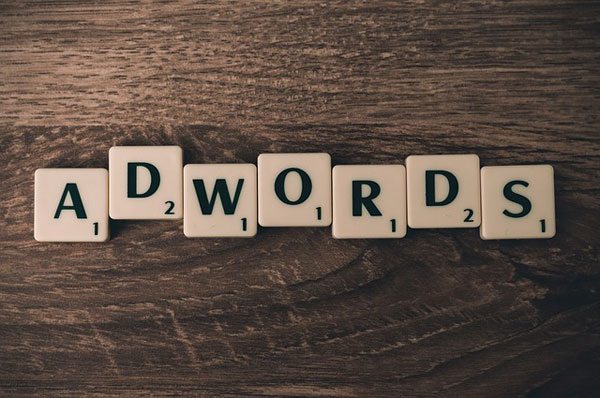
September 14, 2017; New York Times
So, are we surprised that some see widespread opioid addiction primarily as a business opportunity? As addiction has grown, so have for-profit rehab centers, from those sponsored by massive corporations to little fly-by-night endeavors. Many of them, to judge by recent research, are severely substandard. To compete with each other for the attention of desperate people seeking help, they advertise online, and Google’s AdWords program is a key part of that, making sure their names pop up at the top of the screen when addicts search for terms like “drug rehab” and “alcohol treatment centers.” Competition has hiked the prices for ads on these keywords as high as $70 per click, but that’s nothing compared to the thousands of dollars that a 30-day stay from an insured patient can bring to a clinic.
That has made Google one of the largest referral sources for treating a disease that affects millions of Americans. And the companies willing to the pay the most for ads are the one that addicts are most likely to see on their search.
The consequence here, as Greg Williams, cofounder of the nonprofit Facing Addiction, explained when he and others brought the problem to Google, is “the bid prices for words related to treatment had gotten so expensive that his group couldn’t pay as much as the for-profit treatment providers. Some of those treatment providers, Mr. Williams told Google, were not only misleading, they had been charged with crimes.” This, say some prosecutors and advocates, endangers the fragile lives of those seeking help.
Sign up for our free newsletters
Subscribe to NPQ's newsletters to have our top stories delivered directly to your inbox.
By signing up, you agree to our privacy policy and terms of use, and to receive messages from NPQ and our partners.
Google did its own investigation and agreed to stop selling those ads until they could figure out a way to stop the abuse. “We found a number of misleading experiences among rehabilitation treatment centers that led to our decision,” Google spokeswoman Elisa Greene said in a statement on Thursday.
Some may remember there is some precedent for this; last year, Google similarly limited ads for payday lenders and mobile locksmiths.
“This is a bold move by one of the world’s biggest companies, saying people’s lives are more important than profit,” Williams said.
Williams is to be commended for identifying the problem, carefully researching its dynamics, and bringing it to Google execs in a way they could not ignore. Now, that’s advocacy.—Ruth McCambridge










